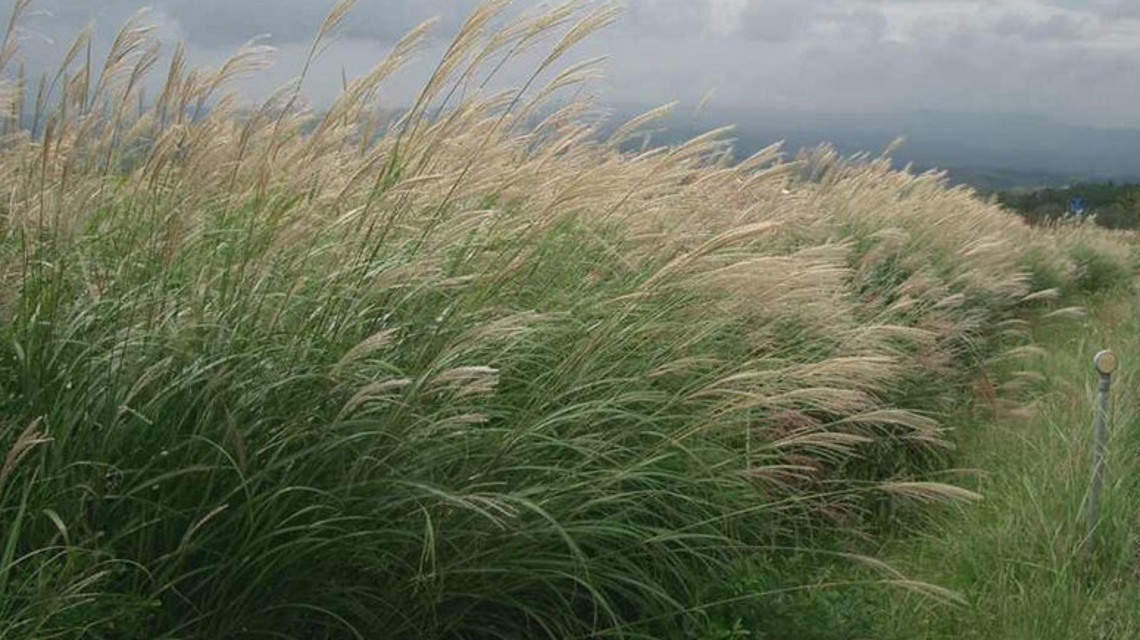Growing biomass on unusable soils
A European research team with German participation wants to show that the cultivation of plants can make contaminated soil fit again and that their biomass is suitable for high-quality textiles.

Soil is a precious and scarce resource. In Europe alone, 80 % of the land area is used for forestry, agriculture, industry and settlements. So how can the bioeconomy, which also relies on the cultivation of industrial crops, obtain sustainable biomass without competing with food production? This central problem is being addressed by a new EU project, which is being funded with around 5 million euros from 2024 to 2028 as part of the Horizon Europe research and innovation programme.
Cultivation of biomass on contaminated soils
The pHYBi project focuses on phytomanagement. Here, industrial plants such as poplars, birches, willows, hemp and miscanthus are to be cultivated on degraded, polluted and salinised soils in order to rehabilitate the land. The project, which was launched in October with the full title ‘Phytomanagement as a sustainable raw material source for high-quality bio-based products from lignocellulose for textile applications’, aims to produce environmentally friendly fibres and pigments for sustainable use in textile production by processing biomass grown on contaminated soils.
New strategies to improve plant growth and soil health
Over the next four years, the project partners want to develop and test innovative strategies to improve plant growth and soil health using organic and inorganic additives as well as fungi and bacteria. In addition, existing and new phytomanagement pilot sites will be investigated, corresponding soil improvement strategies optimised and a virtual replication tool developed to simulate the process in different regions of Europe. The partners also want to demonstrate whether these practices are economically, socially and ecologically feasible.
A total of eleven partners from Spain, Italy, France, Croatia and Germany are working together in the consortium. Researchers from the Steinbeis Europa Zentrum are responsible for communicating, disseminating and utilising the findings as part of the project.
Setting new standards for the production of industrial plants
According to the team, the project aims to ‘set new standards for the sustainable production of industrial crops’. The cultivation of biomass on contaminated soils would also reduce the EU's ecological footprint for the sustainable production of industrial crops, they say. ‘The success of pHYBi could pave the way for a wider adoption of phytomanagement practices, not only in the European textile industry, but also in other sectors that rely on sustainable bio-based raw materials,’ the researchers write.
bb


